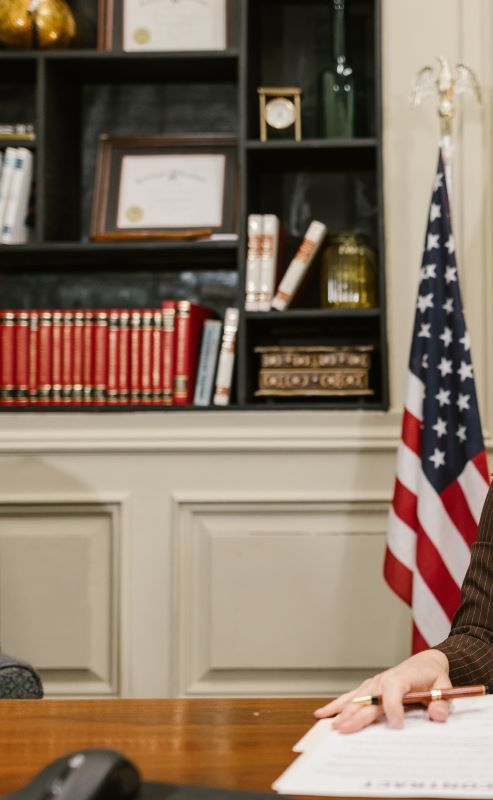Parenting Plans Define Custody
The Parenting Plan in New Hampshire holds a significant and multifaceted role. This comprehensive document attempts to outline and define the dynamic between each parent and their children. By doing so, it aims to foster a parenting relationship that avoids conflicts and disputes. When both parents possess a clear understanding of their rights and responsibilities, as well as the rights belonging to the other parent, it can eliminate future disagreements. The Parenting Plan serves as a navigational guide, ensuring that co-parenting is characterized by cooperation for the well-being of the children.
When discussing child custody, the focus typically lies on determining where the children will primarily reside. In New Hampshire, this concept is termed “residential responsibility.” Courts generally favor an arrangement where both parents share nearly equal residential responsibility. Even if circumstances indicate that one parent might offer a more suitable environment, courts are unlikely to grant sole custody to either parent.
Once a Parenting Plan is defined and accepted by the court, it can be difficult to modify. Retaining child custody attorneys who have worked through hundreds of Parenting Plans will ensure that you and your children move forward while obtaining the best possible results.
New Hampshire Legal Aid provides a good resource on parenting plans and might be a good place to start a discussion with your spouse.

Modifying an Existing Parenting Plan
Making modifications to child custody is extremely common. The Parenting Plan even has an entire section, “Procedure for Review and Adjustment,” that outlines how often parents should meet to revise their plan. Many things necessitate the modification of a Parenting Plan. Children get older, parents’ employment changes, and general life events make following the existing plan impossible. However, nothing in the Parenting Plan requires either parent to agree to a change. Without an agreement, the current plan remains in place and the only remaining option is to ask the court for assistance.
When asking the court to modify custody you’re asking for a “Modification of Parental Rights and Responsibilities.” It is not an easy process to prove that a Parenting Plan should be modified. New Hampshire law identifies that children do best when they have stability. Therefore, a parent seeking change to the plan must have a very good reason in the eyes of the court. Because making a change is so difficult, it is important that you are represented by experienced child custody attorneys. First, an attorney can advise you on whether or not it’s worth going to court at all. Second, the law governing custody is quite complex and having an attorney greatly increases your chances of obtaining the modification.

